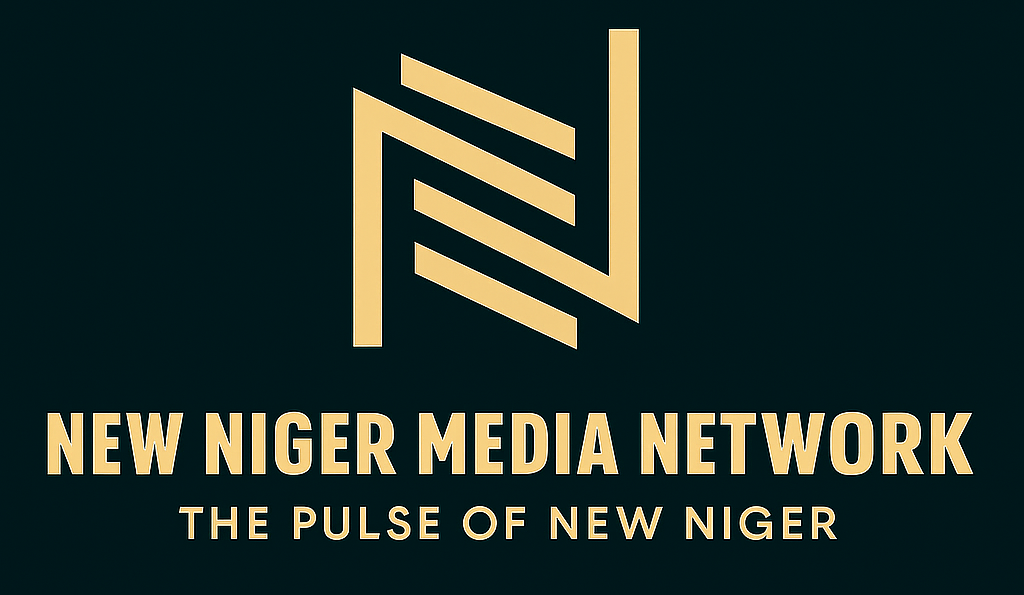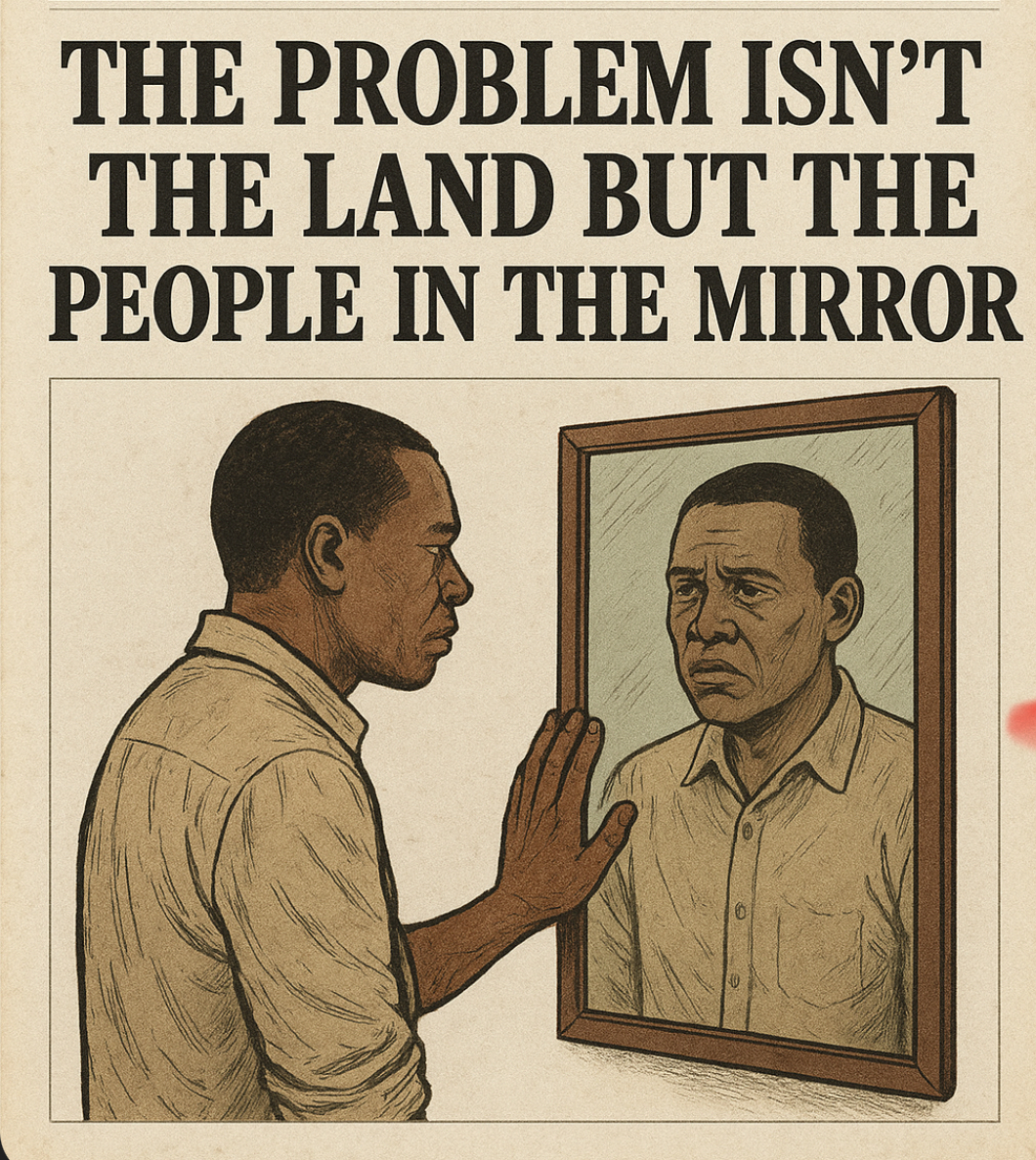By Mohammed Baba Yahaya
We are in a perpetual lamentations which have become the national anthem of our discontent. In market stalls, on social media, in the hushed tones of elite gatherings, the refrain is the same: “Naija no good.” “This country is not working.” We point accusatory fingers at Aso Rock, at the National Assembly, at the ghostly corridors of power, and lay the entire burden of our national malaise at the feet of “bad leadership.” This diagnosis, while containing a kernel of truth, is a seductive but dangerous half-truth. It is a comforting illusion that absolves us of our own complicity. The hard, uncomfortable reality we must confront is this: there is nothing fundamentally wrong with Nigeria that cannot be traced to something wrong with us, Nigerians.
A nation is not an abstract entity that exists independently of its people. It is a dependent element, a grand tapestry woven from the collective threads of our individual actions, inactions, values, and choices. The Nigeria we experience today is not a pre-ordained curse but the direct outcome of the Nigeria we, as a collective, have built—or more accurately, have tolerated.
Let us hold up the mirror.
We bemoan corruption in high places, yet we celebrate the “sharp guy” who cheats the system to get ahead. We applaud the man who builds a massive estate without a clear source of income, but we scorn the civil servant who insists on a paltry N5,000 bribe. Is there a difference in kind, or only in scale? The culture of “get rich by any means necessary” that we glorify in our music, our movies, and our daily aspirations is the very fuel that powers the grand larceny in government. The leader who empties the treasury is simply a magnified version of the citizen who bypasses the queue with a bribe, falsifies their age for an advantage, or evades tax because “government will only steal it.”
We complain about a lack of electricity, but how many of us are diligent in paying our electricity bills? We demand functional roads, but do we refrain from dumping refuse in the drains that eventually flood those same roads? We cry for justice, but when we are wronged, our first instinct is not to seek redress through the proper channels but to ask, “Who do you know?” We have normalized a system where integrity is seen as naivety and cutting corners is celebrated as wisdom.
Our problem is a profound deficit of personal and collective responsibility. We have perfected the art of the “Them vs. Us” narrative. “They” are the corrupt politicians. “They” are the problem. This externalization of blame is a psychological cop-out. It allows “Us” to remain blameless, passive victims of a malevolent force. But who elects these politicians? Who defends them along ethnic and religious lines when they are accused of wrongdoing? Who sells their vote for a bag of rice or a paltry sum on election day? The political class did not descend from Mars; they emerged from our midst, reflecting our own fractured priorities and moral compromises.
This is not to exonerate leadership. Bad leadership has indeed been a millstone around our neck. However, to believe that changing only the pilots will fix a plane where the passengers are actively tampering with the wiring is a delusion. A leader is both a director and a reflector. He directs the affairs of state, but he also reflects the prevailing values of the society. A society that venerates wealth over character will inevitably produce leaders who are wealthy but lack character.
The path to redemption, therefore, must begin with a collective introspection. The transformation of Nigeria requires the transformation of the Nigerian mind. It demands that we move from being passive complainers to active citizens. It starts with the simple, yet radical, act of doing the right thing, even when no one is watching.
• The Right Thing: Paying our taxes and utility bills promptly.
• The Right Thing: Refusing to offer or accept bribes, no matter how small.
• The Right Thing: Obeying traffic laws and respecting public infrastructure.
• The Right Thing: Holding our community leaders accountable and participating in local governance.
• The Right Thing: Demanding accountability from our leaders based on performance, not on primordial sentiments.
A nation is built one responsible action at a time. We cannot demand integrity from Abuja if we abhor it in Minna. We cannot beg for patriotism from our leaders if we lack it in our own daily conduct.
Nigeria is not a cursed land. It is a mirror. The reflection we see—the dysfunction, the frustration, the decay—is our own collective image staring back at us. The good news is that we hold the power to change that reflection. It begins not with a change of government, but with a change of heart, a change of mindset, and a renewed commitment to personal responsibility. The Nigeria of our dreams will not be built by a messianic leader, but by millions of Nigerians deciding, today, to be the change they wish to see. The power, truly, is in our hands.


